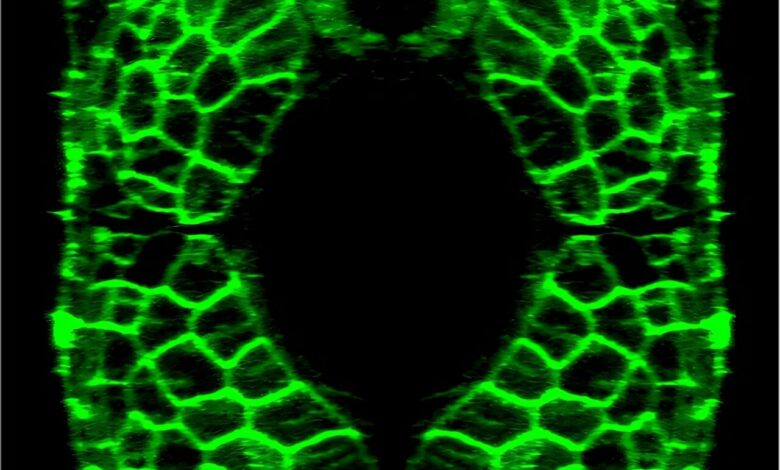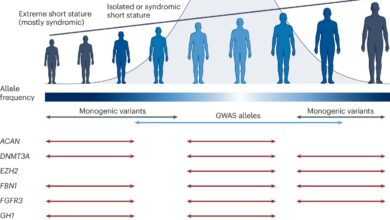Circadian clocks are key to muscle health and accelerated aging in shift workers, study suggests

Muscle cells have their own internal biological clocks that regulate various processes within the body. A recent study published in the Proceedings of the National Academy of Sciences sheds light on how disrupting these clocks, especially through shift work, can accelerate aging and impact muscle health.
Researchers from King’s College London conducted the study using zebrafish, a common model organism in biological research. Zebrafish share a significant portion of genes with humans, making them a valuable tool for studying various biological processes. By manipulating the muscle clocks in zebrafish, the scientists were able to observe the effects of circadian disruption on muscle function over time.
The study revealed that the muscle clock plays a crucial role in regulating protein turnover in muscles. During the night, when the body is at rest, the muscle clock activates the breakdown of defective proteins, allowing for muscle repair and growth. Disrupting this process was associated with muscle decline, similar to the aging-related condition known as sarcopenia.
Lead author Jeffrey Kelu explained, “We impaired the muscle clock function in zebrafish and monitored them for two years. By the age of two, the fish lacking a functional muscle clock showed signs of premature aging, such as reduced muscle size, weight, and mobility. These findings mirror the effects seen in shift workers, highlighting the impact of circadian disruption on muscle health.”
Further investigations into protein turnover revealed that the nocturnal clearance of defective proteins is essential for maintaining muscle function. The accumulation of these proteins due to disrupted circadian rhythms may contribute to accelerated muscle decline, as observed in aged fish with dysfunctional muscle clocks and in shift workers.
The researchers emphasized the importance of understanding how circadian disruption affects muscle health, especially in shift workers who play a crucial role in various industries. By developing strategies to mitigate the effects of circadian disruption on muscle function, it may be possible to improve the health and well-being of shift workers.
Co-author Professor Simon Hughes commented, “Studying muscle growth in zebrafish larvae has provided valuable insights into the role of circadian rhythms in muscle health. While further studies in humans are needed, our findings suggest that targeting specific clock proteins could be a promising approach to prevent muscle decline in shift workers.”
Overall, this research underscores the critical role of circadian clocks in maintaining muscle health and highlights the potential for developing targeted therapies to combat muscle decline associated with circadian disruption. By leveraging insights from biological studies in model organisms like zebrafish, researchers are paving the way for future treatments that could benefit individuals working non-traditional hours.





